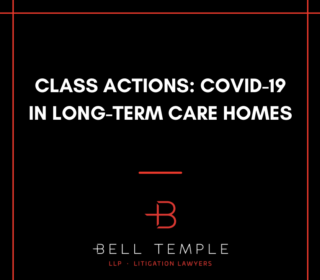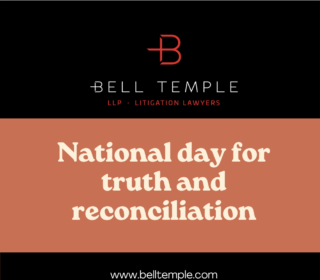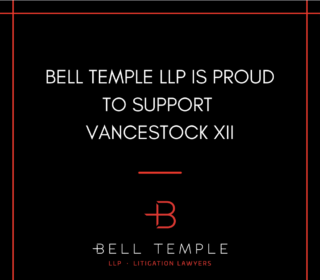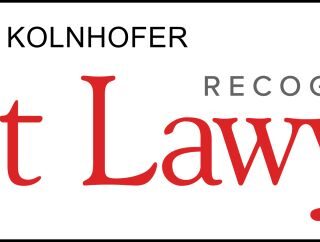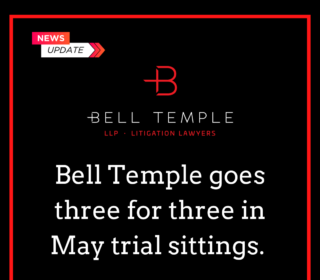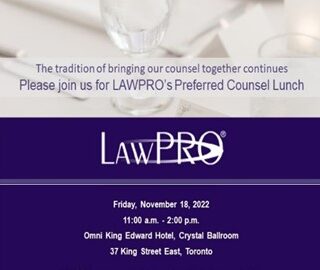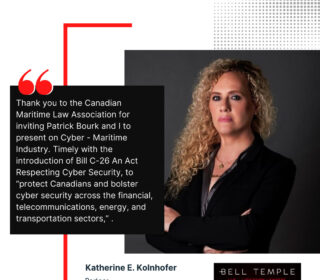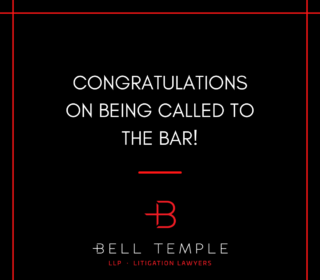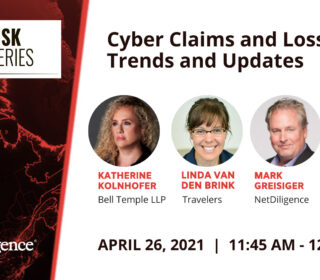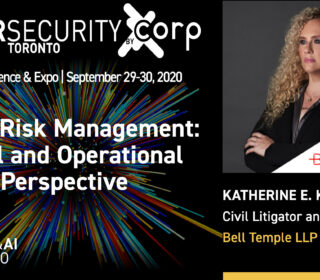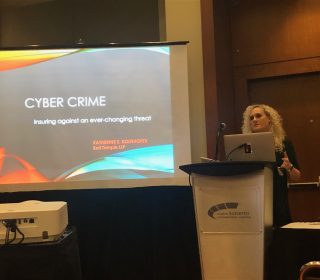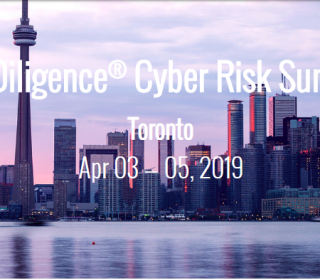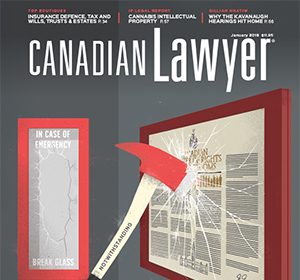Reg 18/22—filed under the Courts of Justice Act on January 21, 2022—introduces various changes to the Ontario Rules of Civil Procedure with respect to pre-trials, evidence at trial and other matters.
Evidence at Trial
Now, pursuant to Rule 53.03(4), the time for service of an expert report or supplementary report may be extended or abridged on the written consent of the parties; however, the parties may not consent to an extension that would affect the scheduled trial date (as before, extensions and abridgements for the timing for service of expert reports may still be ordered by the Court on a motion or by judges[1] presiding over a pre-trial conference or Rule 77/Case Management conference).
Under Rule 53.08(1), if evidence is only admissible with leave of the trial judge or under the provisions concerning the failure to disclose documents (Rule 30.08(1)), the failure to abandon a claim of privilege (Rule 30.09), the failure to answer on discovery (Rule 31.07), the failure to correct an answer on discovery (Rule 31.09(3)), the failure to comply with requirements re experts’ reports (Rule 53.03) or the failure to disclose a witness (Rule 76.03(3)), leave may be granted if (a) the party responsible for the failure satisfies the judge that there is a reasonable explanation for the failure and (b) that granting leave would not (i) cause prejudice to the opposing party that could not be compensated for by costs or an adjournment or (ii) cause undue delay in the conduct of the trial.
Pre-Trials
Under Rule 50.02(2.1), unless otherwise provided by a court order or practice direction, a pre-trial conference shall be scheduled between 30 and 120 days before the later of the first day fixed for trial or the first day of the sitting during which the trial is expected to be held (under Rule 50.02(4), the rule, as it reads on March 30, 2022, continues to apply to actions set down for trial before March 31, 2022).
Now, pursuant to Rule 50.03.1(1), at least 30 days before a pre-trial conference, each party shall deliver a certificate of readiness (Form 50A) indicating whether the party intends to call any expert evidence at trial. If so, for each expert, the party must indicate whether the expert’s report was served on the other parties within the time specified by Rule 53.03 and, if it was not, the party must provide the reason why (under Rule 50.03.1(3), if the pre-trial conference is rescheduled, the requirement for the certificate of readiness applies with respect to the rescheduled date).
Under Rules 50.07(1)(a) and (a.1) respectively, if the proceeding is not settled at the pre-trial, the judge presiding over it is empowered to establish a timetable and, subject to the direction of the regional senior judge or their designate, adjourn the date for the trial or hearing if necessary.
Both the plaintiffs’ and the defence bars should bear in mind that now, pursuant to Rule 50.12, if the judge presiding over the pre-trial determines that it was unproductive for reasons relating to a party’s conduct, the judge may make an order requiring that costs of the pre-trial conference be paid immediately (as opposed to being assessed as part of the costs of the proceedings). Previously, costs of the pre-trial were assessed as part of the costs of the proceeding. Given the amount of time and preparation that goes into to drafting pre-trial materials, preparing for the conference and attending the same, costs in this regard may be significant. Although this new rule does not provide any guidance as to the type of conduct that would attract the immediate payment of pre-trial costs, presumably its intention is to provide greater incentive to all parties to participate in the pre-trial process in good faith and—perhaps—to caution parties against taking unreasonable positions.
Other Matters
Additional changes with respect to Rule 76/Simplified Procedure, administrative filing requirements and other matters have also been implemented.
[1] For the purposes of this article, “judge” is used throughout for simplicity’s sake. The Rules discussed continue to reference “judge”, “case management master” and “associate judge” where applicable.


